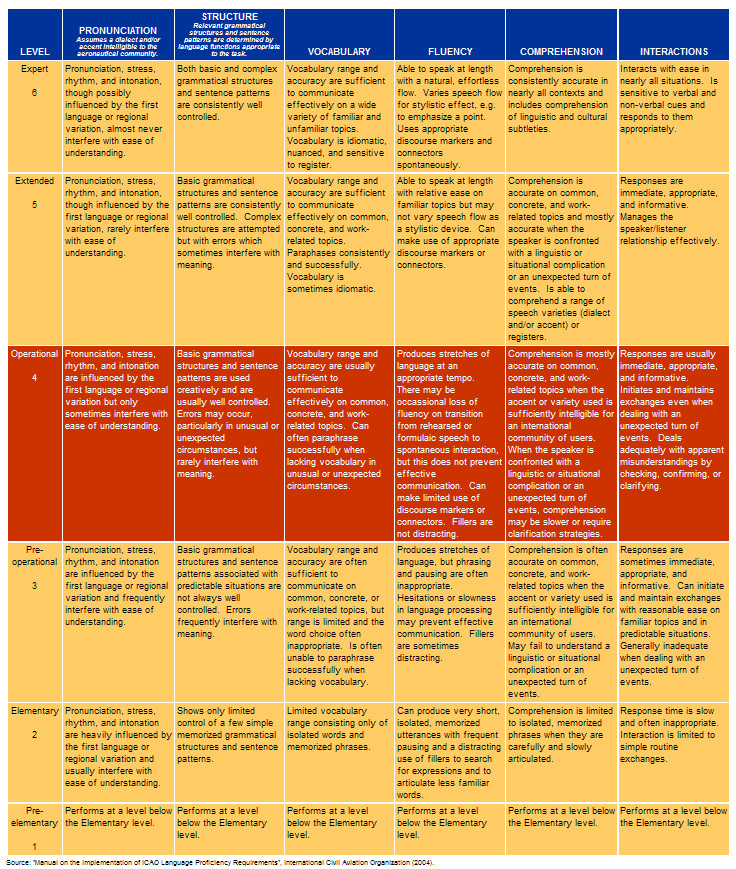It probably is common guesswork to think that in nowadays' World we all speak English no matter what our mother tongue is. This should be even more the case with Civil Aviation, where everything is in English and the staff is hired also based on its linguistic capabilities, yet the question arises:
- How does the ATC deal with a crew who is not capable of a clear pronunciation? The opposite might also happen.
What to do in such cases?

